KCCA AND PARTNERS MEET TO STRATEGIZE FOR THE SUCCESS OF GEG PROGRAM
PUBLISHED — 25th, October 2022
Kampala Capital City Authority together with partners are in Entebbe for a 3-day training on the Girls Empowering Girls (GEG) with the aim of enabling different actors to get an in-depth understanding of the program – the first social protection program in Uganda directly targeting children.
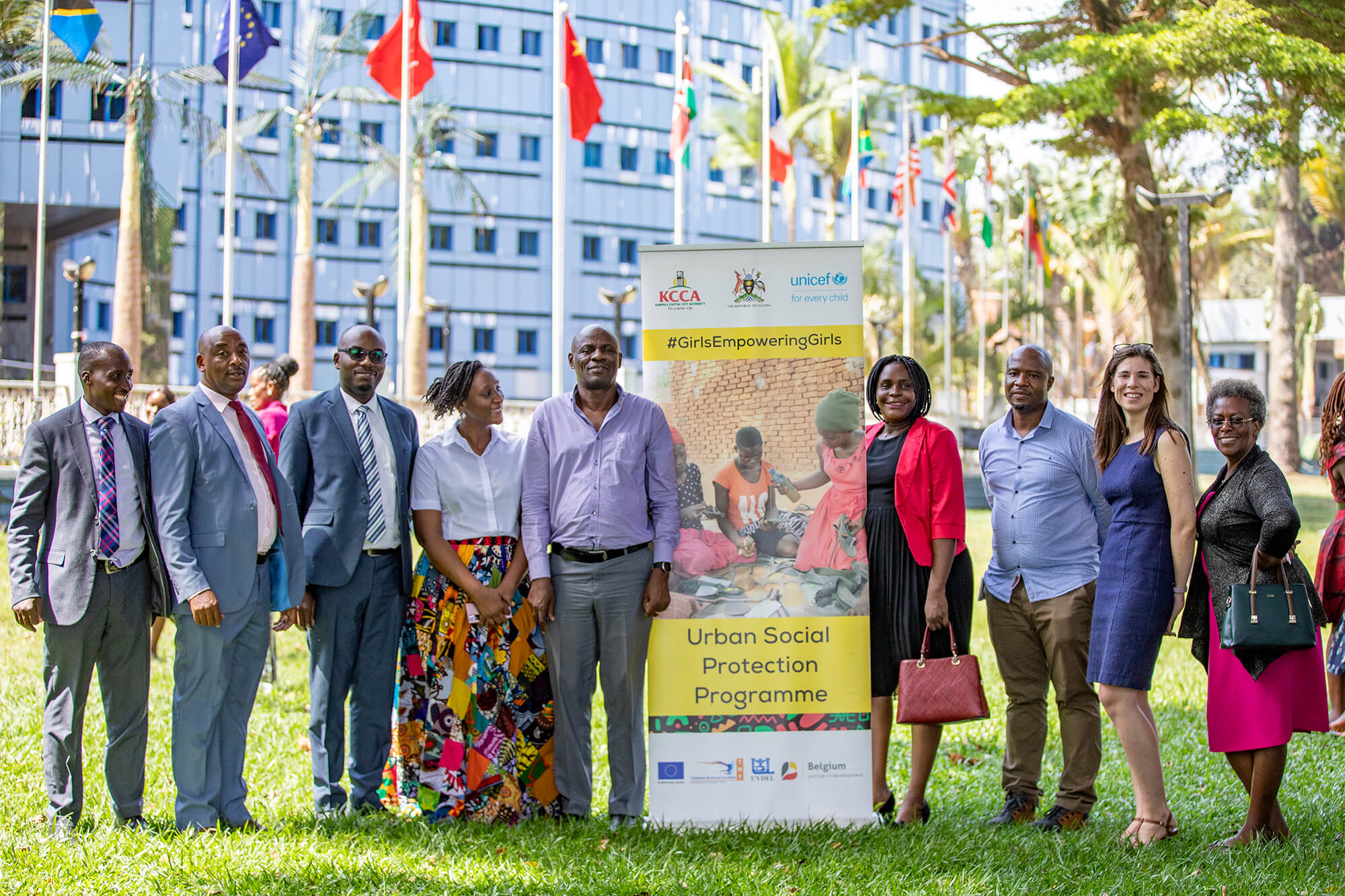
Created by KCCA, the Girls Empowering Girls program works to ensure that girls transition safely into adulthood, receive education and training, and are empowered to achieve their goals by supporting in-school and out-of-school adolescent girls living in Kampala, providing avenues to empower girls through a network of peer mentors, engaging them through education, training and referrals to support services, and enabling them to pursue better opportunities for their future through a small cash transfer.
It is estimated that by 2040, over 20 million Ugandans will reside in urban areas, with the highest proportion being children and young people. While children in urban areas are considered better off than their rural counterparts - with greater access to services and more diverse income-generating opportunities - they are also vulnerable to homelessness, exploitation and abuse.
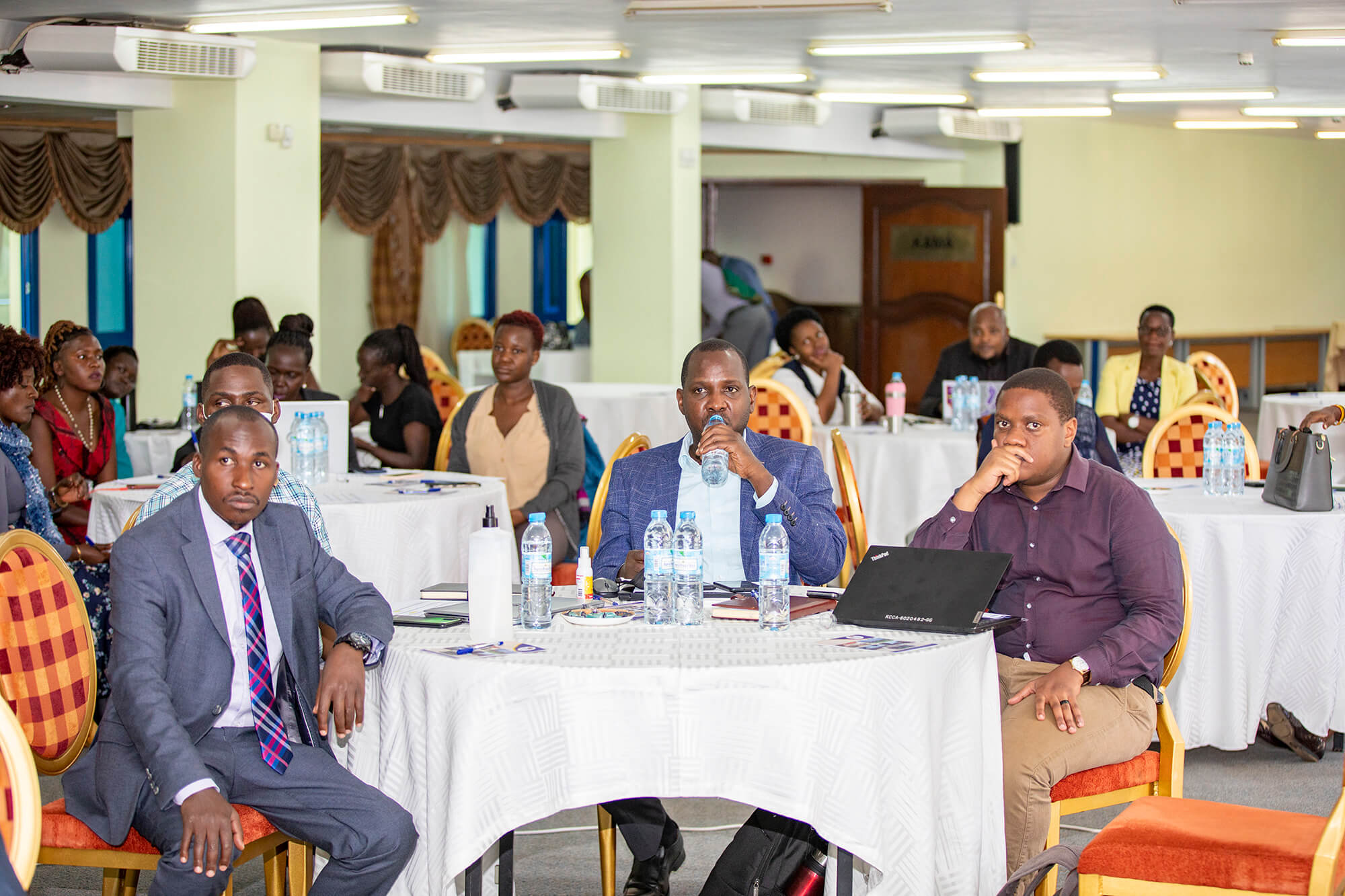
In Kampala, 54 per cent of the residents live in slums with inadequate housing, poor sanitation and limited access to basic services, including education and employment. Adolescents and young people in urban areas face threats, especially girls and young women who are at risk of sexual violence and HIV/AIDS. Young people have expressed concerns about a lack of education and employment opportunities and are losing hope of ever being able to achieve economic success.
The program design is informed by international evidence of the positive impact of combining services-oriented programming with a cash transfer, which have demonstrated promising results across education, health, gender, protection, livelihoods and similar dimensions. Education, in particular, unlocks opportunities, as every additional year of primary schooling provides an average 10-20 per cent increase in wages. It also encourages girls to marry later and leaves them less vulnerable to domestic violence.
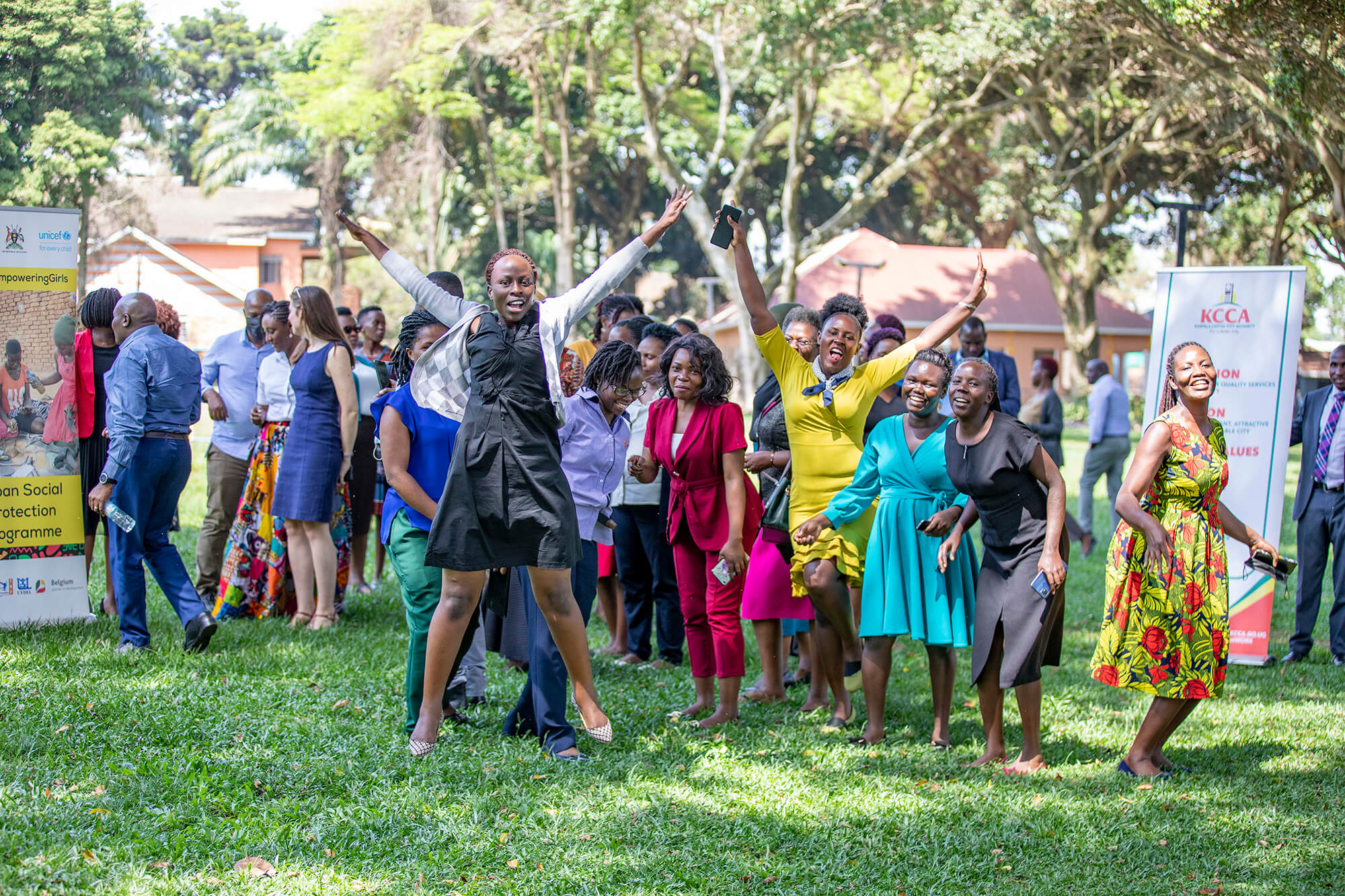
The program is being implemented across all five divisions of Kampala (Central, Kawempe, Lubaga, Makindye, and Nakawa), reaching diverse geographical pockets of vulnerable girls. It targets two different categories of vulnerable adolescent girls; those in upper primary, attending Universal Primary Education schools with high drop-out rates, who are at risk of not transitioning to Secondary school, and adolescent girls who have dropped out of school, who are vulnerable and living in the corresponding school catchment areas.
Program beneficiaries are identified by targeting the communities they live in-and the schools they attend (a geographical-categorical targeting mechanism), through an analysis of the levels of multidimensional child and household poverty, school drop-out rates, and household-level vulnerabilities.
Kampala Capital City Authority coordinates the program in the city with support from UNICEF Uganda. At the parish level. the programme is implemented by a network of lead-mentors and peer-mentors, who are directly overseen by two civil society partners namely Trailblazers Mentoring Foundation who are responsible for supporting in-school girls, and the Uganda Youth Development Link who are responsible for supporting the out-of-school girls. Other partners include Give Directly which distributes the small cash transfers to the girls' primary caregivers and the Economic Policy Research Institute with whose support KCCA and UNICEF were able to was able to designed and developed the program.
The program includes a strong monitoring and evaluation component to facilitate data-driven decision-making and ensure that the programme's results and impact are measured. It also aligns with the Government of Uganda's Vision 2040, National Development Plan, and National Social Protection Policy, and is supported by the Ministry of Gender, Labour and Social Development.
News & Announcements
5th, January 2026
2nd, January 2026
23rd, December 2025
22nd, December 2025
20th, December 2025
19th, December 2025
18th, December 2025
17th, December 2025
16th, December 2025
15th, December 2025



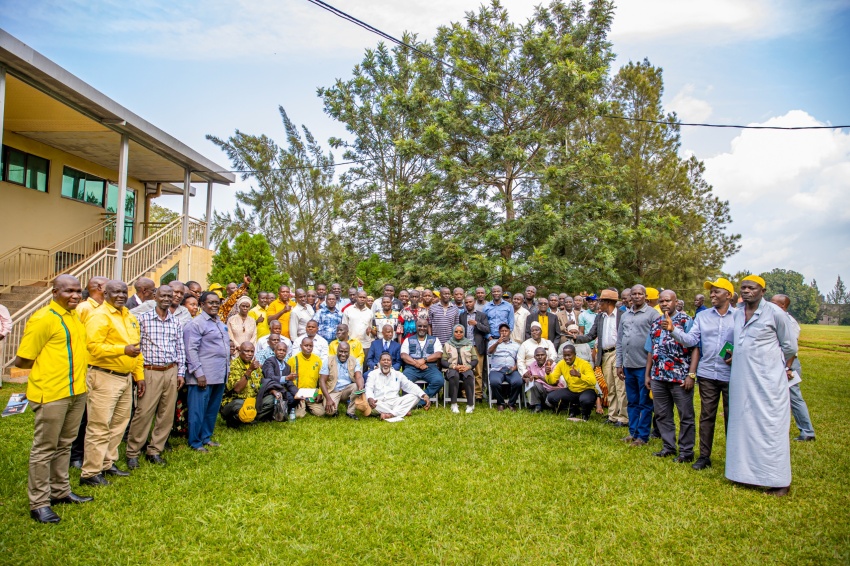
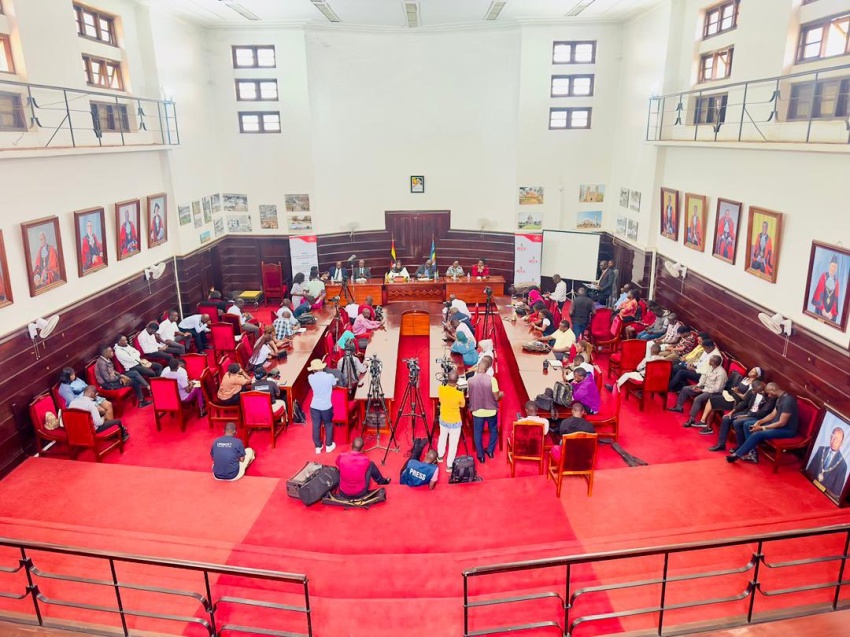
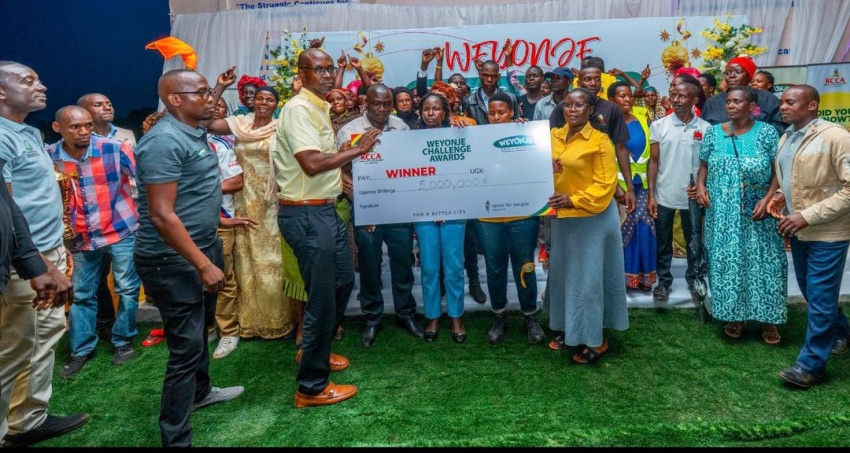
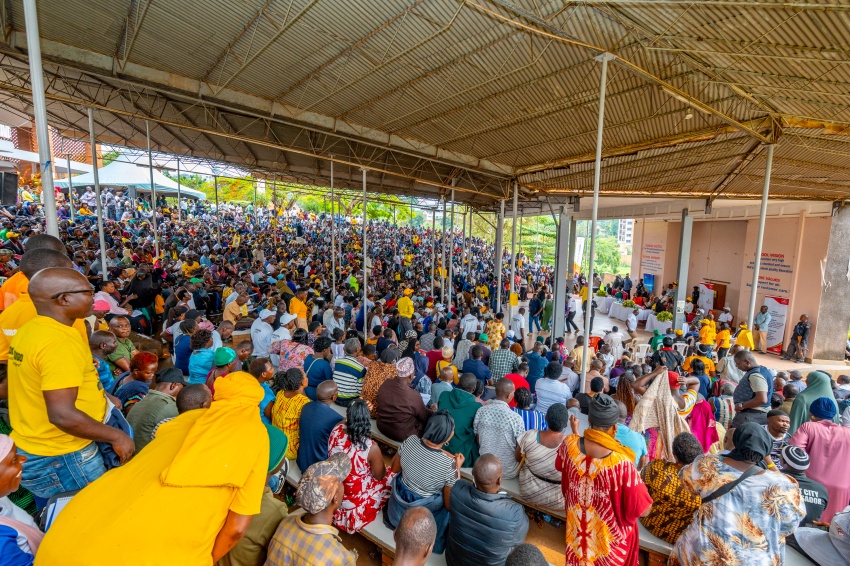

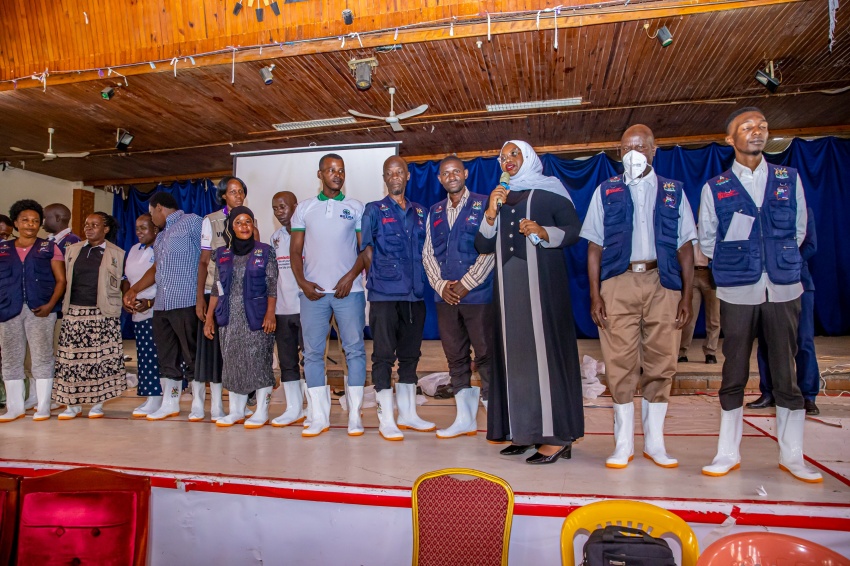
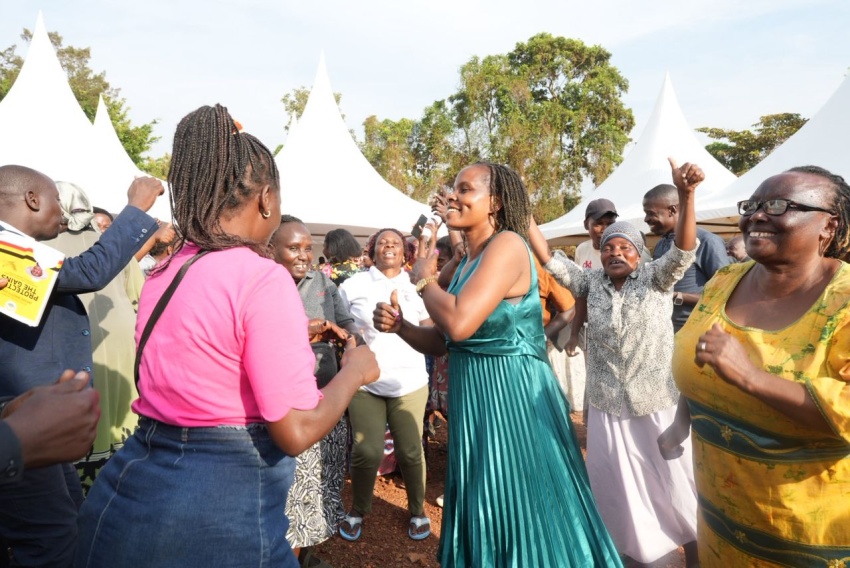
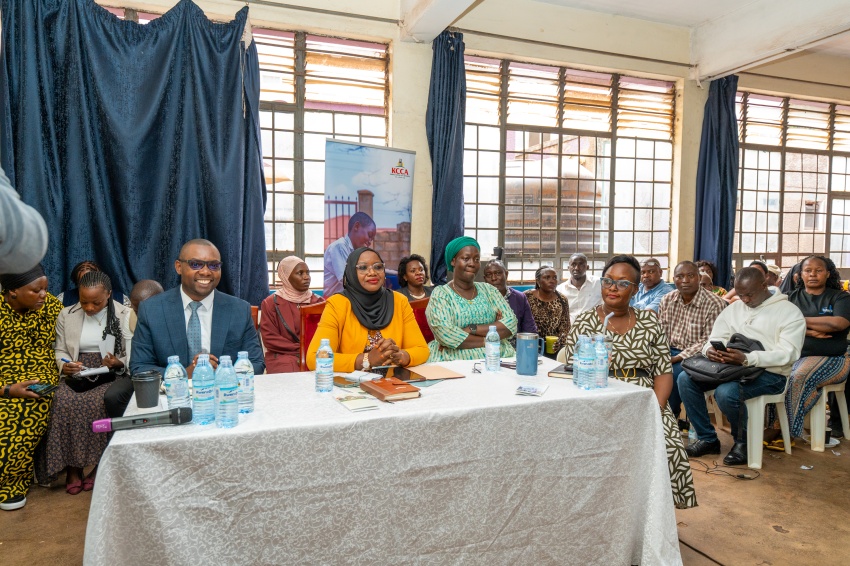
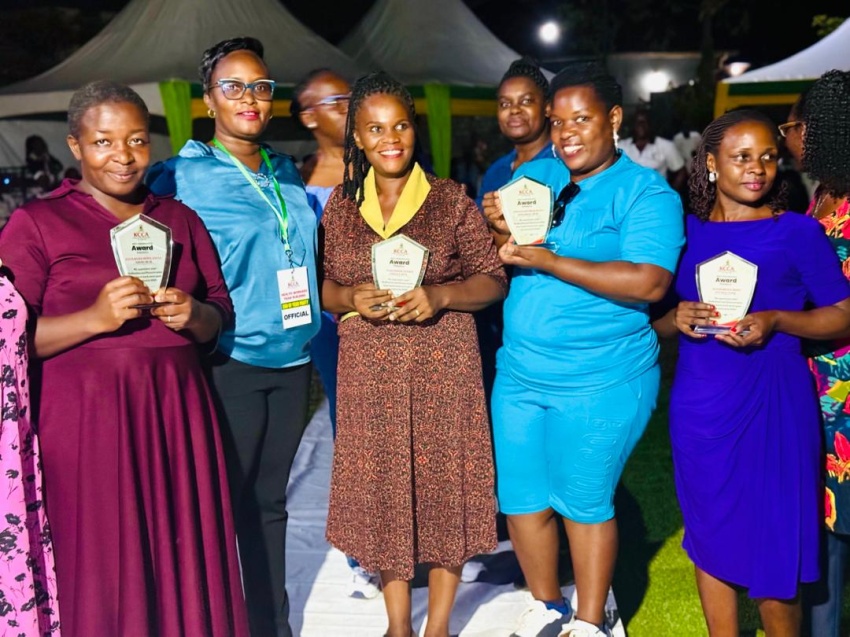









Development partners